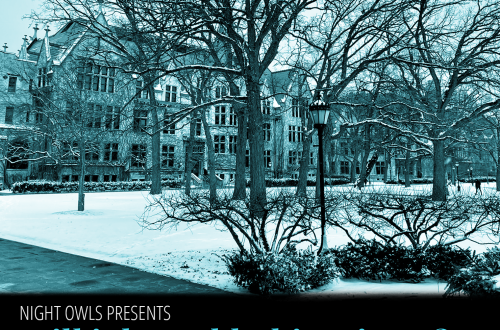![]()
Nov. 2, 2015
DETROIT– Economists and demographers have noted a distinct negative correlation between blackouts and gentrification in certain neighborhoods here following the Great Recession of 2008. .In the turmoil that followed the economic downturn, areas all across downtown Detroit experienced a rash of near-constant blackouts that left residents literally in the dark. Marcus Roberts, 44, and a lifelong resident of Detroit’s Midtown neighborhood, reflected on the changes he saw.
“It was dark around here for ages,” said Marcus Roberts., 44, a lifelong resident of Detroit’s Midtown neighborhood., “It’s like, once all the auto-working jobs were gone, we’re looking around asking ‘‘Wwho turned out the lights,?’‘ yyou know?”
Roberts and his neighbors over time became accustomed to the dimly litblackened streets, but they said they welcome the increased variation in street lighting since gentrification began in the area. Professor James Somerset of the University of Michigan Population Studies Center gave a reaction to the phenomenon.
“We couldn’t believe the strength of the correlation,” said Pprofessor James Somerset of the University of Michigan Population Studies Center.. “ Apparently, the spike in streetlight illumination occurred almost exactly 24 hours after the publication of an article entitled Best Cities for Hipsters 2016‘“20 Best Pour-Over Coffee Shops‘“ on the popular entertainment news site Buzzfeed. We knew the article might cause some demographic shift, but then some of these neighborhoods just lit up like Christmas trees when the Millennials moved in. No one can explain it.“
However, according to Somerset’s Urban Lighting team, the blackouts shifted to concentrate in areas farther from the city center and less accessible by bicycle.
“Ideally, we can find a happy medium,” said Somerset., “It’s not like anyone wants to be walking down the street at night with a buzzing streetlight every two feet.”
City grid spokespeople did not reply to a request for comments other to send an addressed envelope by which to donate funds to the indebted city.



